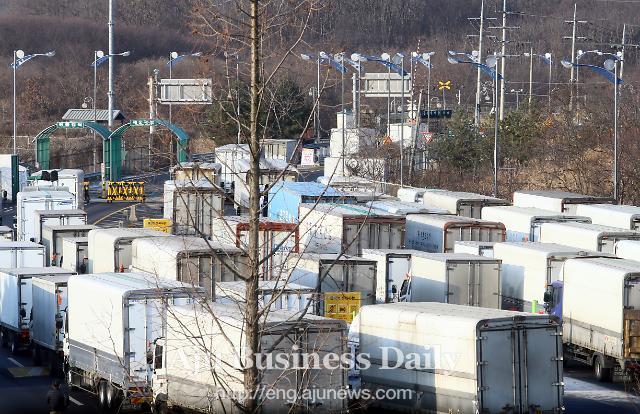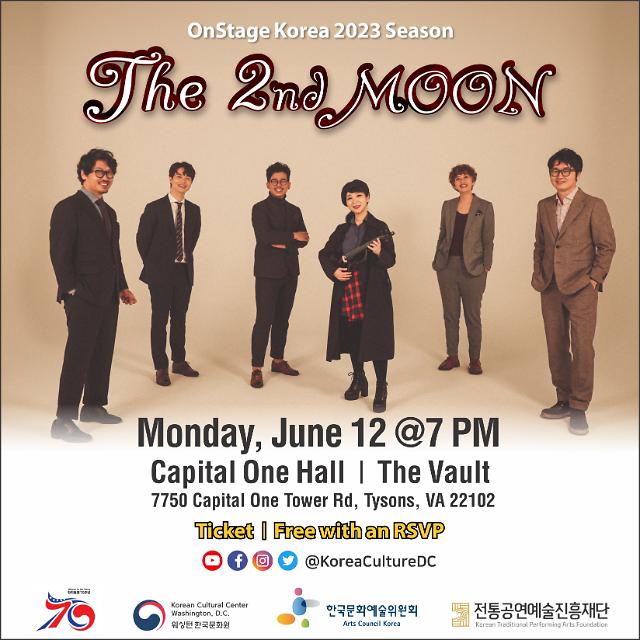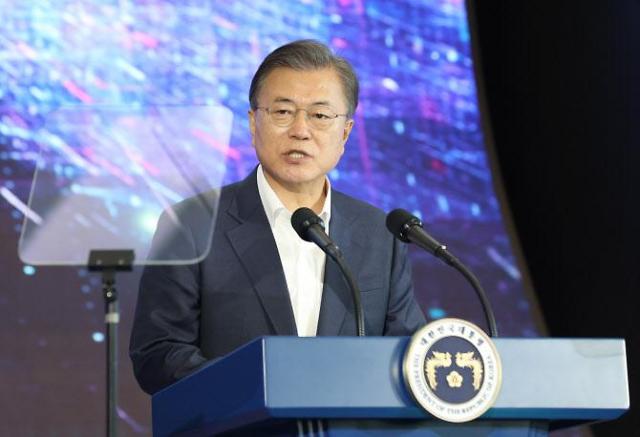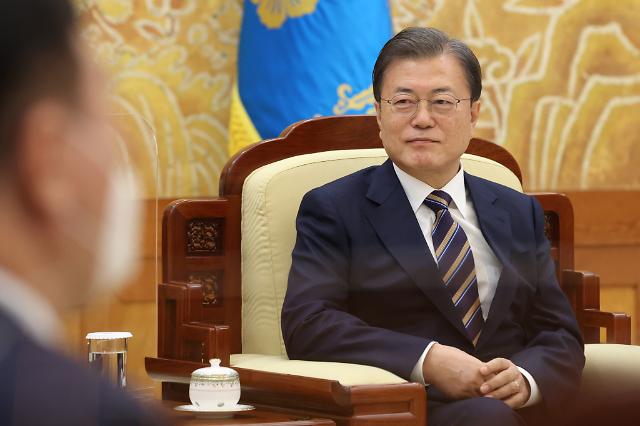
Trucks move out of Kaesong industrial park. [남궁진웅 timeid@]
A US Congressional report has predicted diplomatic tensions between Seoul and Washington over how to handle North Korea if Moon Jae-in, a leading opposition candidate, becomes South Korea's next president.
Moon, polled to win Tuesday's presidential election, has outlined his policy of engaging in realistic diplomacy that emphasizes national interests. He has promised to push for cross-border engagement and reopen an inter-Korean industrial zone shut down last year due to North Korea's ballistic missile and nuclear tests.
"If Moon is elected, many analysts expect tensions with the United States over the best approach to North Korea to rise, especially if the Trump administration or Congress toughen US policy, as many observers anticipate may be the case," according to the Congressional Research Service (CRS) report.
The report dated April 4 refers to Moon's earlier pledge to visit Pyongyang as president and to reopen and expand the inter-Korean industrial park in North Korea's border city of Kaesong.
During his election stumping, the former human rights lawyer revised his earlier pledge to visit Pyongyang first, saying that if elected, he would visit Washington on at the earliest date for talks with US President Donald Trump on North Korea. But Moon refused to change his policy on Kaesong.
The CRS report said that reopening the Kaesong complex, closed in February last year by conservative ex-president Park Geun-hye, may violate United Nations sanctions. Kaesong, a symbol of inter-Korean cooperation and reconciliation, was a sensitive election issue in the race to succeed Park who is on trial after being impeached and expelled for her role in a corruption scandal.
Kaesong, which hosted about 120 South Korean firms, was considered a rare legitimate source of hard currency for the impoverished North which earned more than $100 million annually in wages earned by 54,000 workers. In closing the zone, Seoul accused Pyongyang of diverting income earned in the zone to leader's luxury life or weapons development.
Lim Chang-won = cwlim34@ajunews.com




